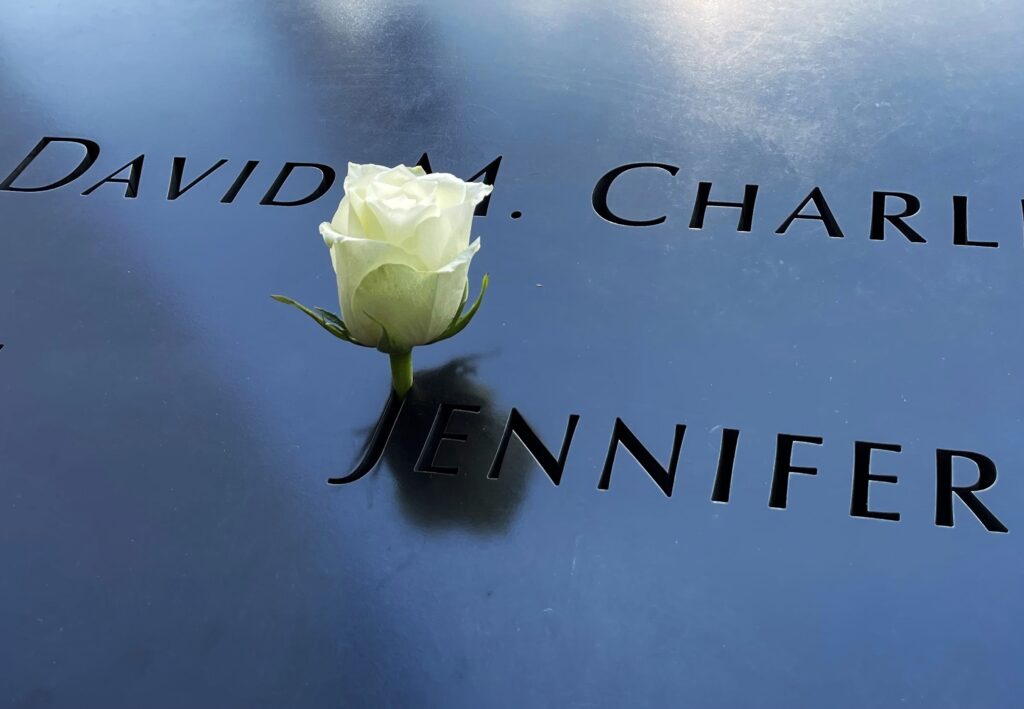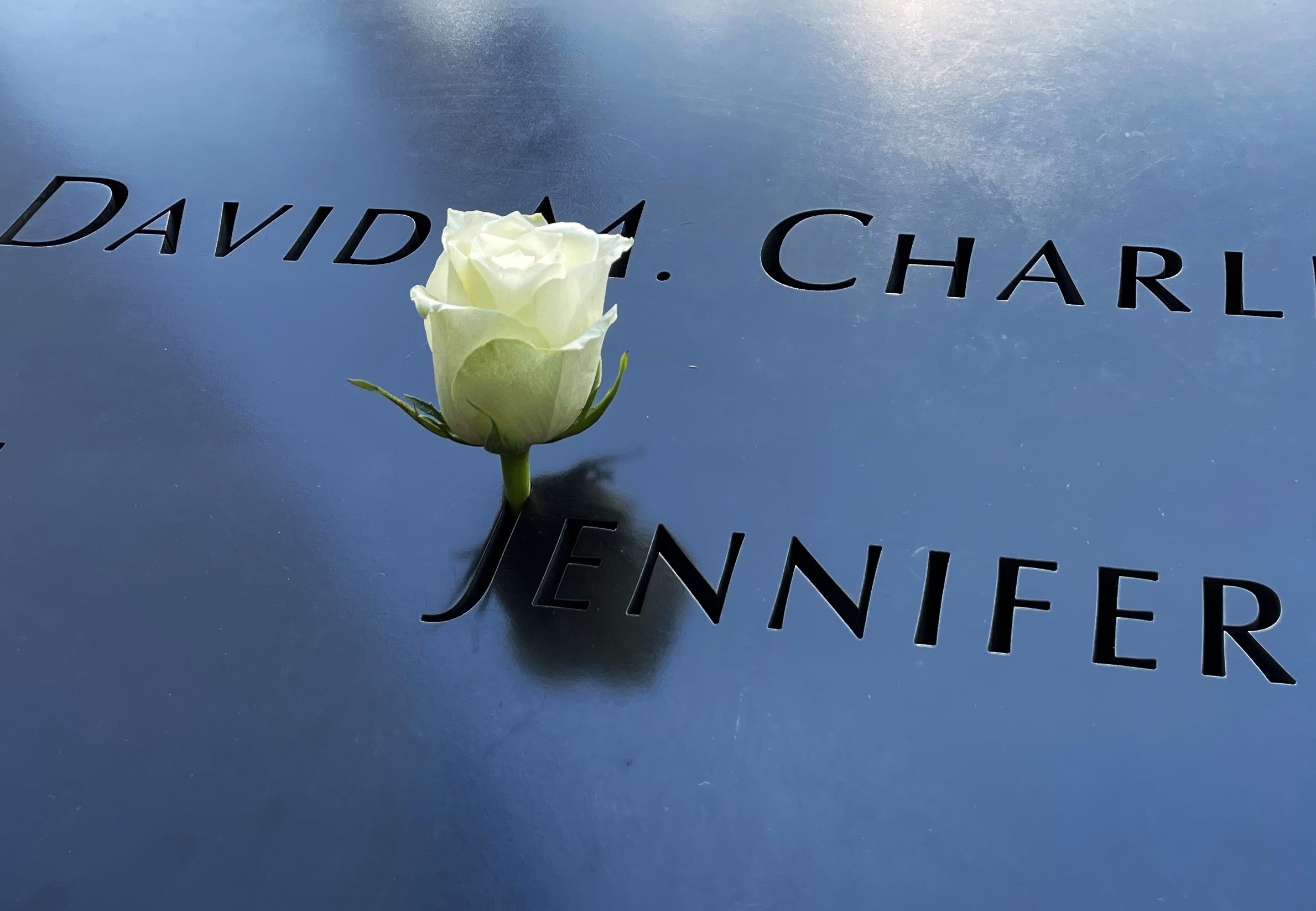
Hate is a sickness; a dark force that shuts out the light of humanity. It grows in darkness, feeds on suspicion, fear, and doubt. It debases others in a torrent of racialism. In times of distrust and disaffection, it grabs onto any rationalization for violence.
On September 11, 2001, the country witnessed the power of hate in the murder of nearly 3,000 individuals and 6,000 who were injured after an attack on America’s symbol of economic power by religious extremists who hate a country founded on religious freedom.
The tsunami of hate sweeping over much of the world at the moment appears unstoppable and threatens to destroy whatever sense of respect and responsibility we have for each other.
In this country, anger and hate is eating away at the soul of democracy causing some to leave messages of disgust on the phones of the family members of their congressional representatives for the decisions they make or do not make.
Much like the specter of death in Dickens’ Christmas Carol —which shows Scrooge his fate if he remains unchanged—we are asked to make a choice: continue down the dark path toward the death of democracy; or open ourselves to acknowledging each other with respect.
In the Bible, Solomon teaches his son the path of the righteous is like the light of dawn, which shines brighter and brighter until full day. The way of the wicked is like deep darkness; they do not know over what they stumble . . . Ponder the path of your feet; then all your ways will be sure. Do not swerve to the right or to the left; turn your foot away from evil.
While watching the horrors hate has brought to the world, and that in our own country, I’ve been pondering the words and images of the last month wondering when will we see evidence of humanity, again.
New York Times columnist David Brooks seems to have been pondering much of the same. In last Sunday’s essay, Essential Skills for Being Human, Brooks writes, “Being openhearted is a prerequisite for being a full, kind and wise human being. But it is not enough. People need social skills. The real process of, say, building a friendship or creating a community involves performing a series of small, concrete actions well: being curious about other people; disagreeing without poisoning relationships; revealing vulnerability at an appropriate pace; being a good listener; knowing how to ask for and offer forgiveness; knowing how to host a gathering where everyone feels embraced; knowing how to see things from another’s point of view.
“I wanted to learn these skills for moral reasons,” Brooks writes. “If I can shine positive attention on others, I can help them to blossom. If I see potential in others, they may come to see potential in themselves. True understanding is one of the most generous gifts any of us can give to another.”
Staring down into the dark fountains that comprise the footprints of the twin towers seemed an apt metaphor for the dark cloud that hangs over the country. However, another metaphor surrounds the rim of that darkness. Every day, a white rose can be found in some of the cutouts of the names of those lost with a message: Out of the hate of 9/11, comes a memorial of hope.
Comments











